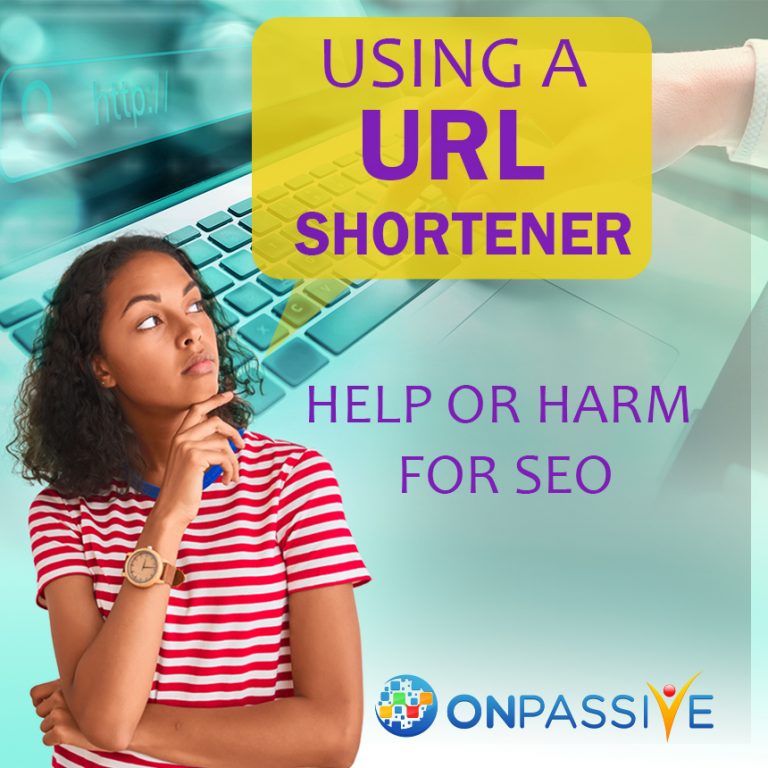
Hello there!
Now, that you have understood the basic definition of a URL shortener and understood the benefits as well as the disadvantages of using it. Let us understand this further by diving in, a bit deeper.
To recap, a URL shortener is simply an application for transforming long URLs into a shorter version. You can also utilize these applications to reflect the URL of the brand that you are representing.
In this article, we will take a closer look at understanding how a URL shortener can have an impact on your SEO. Whether or not, this either helps or harms your SEO is something that we will figure out.
What are some unique benefits of using a URL shortener?
- A shortener for URLs is particularly useful in sharing content over social media. These types of shorteners can help to make your tweets more concise and relevant. They can also help to put out more information about the content that you are posting. This also helps to brand a URL, as this can also reflect the content shared by the company.
- Shortened URLs are also more aesthetically appealing especially to make the URL much prettier. These shorteners can be used to produce different types of content or infographics. Most readers use mobile to view content, so you must make sure that the content is optimized. It also helps to provide a much better user experience to users on different mediums.
- URL shorteners such as trim URL are very popular in tracking the sharing activities of the post or tweet as well.
How does a URL shortener exactly impact your SEO?
Short URLs can have certain disadvantages such as constant spamming and endless redirections. Short URLs hide the final destination, which gives spammers an ample amount of opportunity to conduct their nefarious activities.
Spammers usually hide their harmful links in shortened URLs, to make people end up on undesirable websites. This gives a bad reputation to already shortened links that people may find untrustworthy.
Whenever you decide on setting up a couple of 301 redirects, this can happen for a variety of different reasons which may give issues in terms of indexing. Popular search engines such as Yahoo and Bing have stated that redirect chains can lead to poor or non-existing indexing.
How do URL shorteners work on social media networks?
Social media networks usually employ a tag which stands for a no-follow, which ensures that these types of URL shorteners cannot spam. Social media networks can be primarily utilized for marketing campaigns in sharing content.
URL shorteners do not lead to any negative impact on the SEO process as well. With the help of a 301 redirect such as trim URL can help to improve the page rank too.
These types of shorteners are incredibly useful in helping you achieve your goals. One of the best tactics that you can employ in sharing your content, is to make it appear as natural as possible.
You should always strive to achieve a balance between using different services and trying to write tweets and posting updates, by yourself as much as you can.
What are some popular URL shorteners?
- Trim URL
- TinyURL
- Fur.ly
- Google’s URL shortener
- Yourl
In conclusion, these are some aspects of how a URL shortener can affect your SEO rankings. We wish you the best of luck in the future for creating your own URLs. Good luck!


